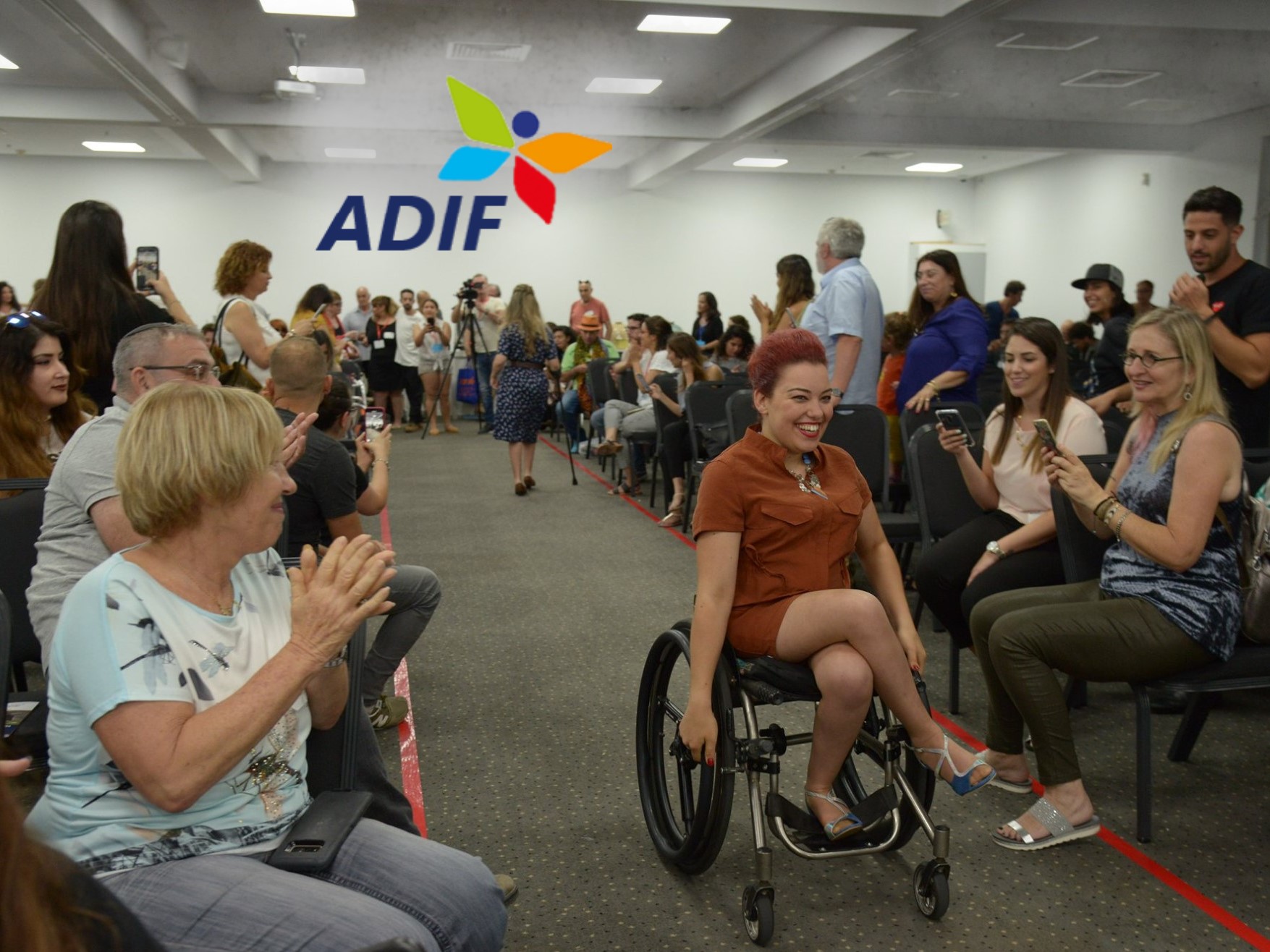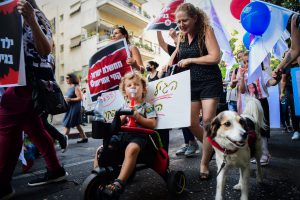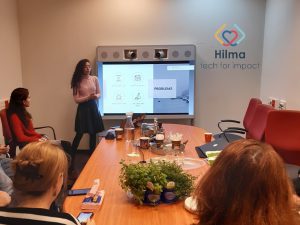Reduced Inequalities


SDG 10- ADIF for Everyone
In a wave of social entrepreneurship ADIF )preferable/better in Hebrew) has taken Israel by storm with its unique social club business structure. With investors of the likes of Bank Hapoalim, Isracard and the 2B Community Investment fund, ADIF, is the first consumer club and credit card for people with disabilities in Israel. Eligible cardholders can capitalize on up to 20% or more discounts and various offers.
The idea is simple yet profound. There are about 880,000 disabled people within working ages, 18-67, another 300,000 children and retirees which constitute 10-15% of the Israeli population. When looking at this figure economically, that is a large market with potentially large buying power. The ADIF club partners with businesses in range or industries to provide discounts on a vast array of products and services. These partnerships provide incentives for the community to buy products and services which will ultimately improve quality of life. It is a win win situation for all parties involved, this is a core concept of a social business.


Shlomi Avraham, CEO of the club and former CEP of Hever told Gobles that most of the consumer clubs currently available are in-fact based around workplaces or supermarkets. ADIF has been able to reach beyond those demographics, often of people who have higher-economic status, and benefit the community of people with disabilities on a national level. Whilst discounts on products are largely beneficial, ADIF are going beyond products and penetrating into industries untouched. Take the insurance market, a somewhat high-risk cliental, insurance brokers haven’t been able to establish products that can aid the community of just under a million people. ADIF has been successful in uniting a handful of corporations to allow s 20% discount on the market price of a range of insurance products such as health, life and overseas travel insurance.
From a social impact perspective, this is more than just discount, it’s an empowerment of social and economic inclusion. ADIF unities Israelis with disabilities under one roof enabling them to become a strong economic power. It could be argued that this, indeed, is the ultimate innovation. In fact, the UN in their Goal 10 goals makes explicit reference to this empowerment. Using the social entrepreneurship model ADIF, are innovating policy and culture towards levelling equality for the disadvantaged.
By providing high-quality products and services at discounted rates a higher-quality of life can be achieved. Stretching over eight broad categories, cardholders can receive up to 15% discounts on a number of fashion chains with a pre-loaded card. Partnering with Issta, a range of tourism packages are offered, which include individual or group tours in Israel and abroad. Of course, each package is tailor made to the person’s particular disability and provisions are made accordingly.
Other activities provided by ADIF range from home-to-home services for beauty-care visits, home care equipment advisors and even freshly squeezed juices. What’s more, discounts can be found for a range of leisure and entertainment outings such as vouchers for the theatre and escape rooms. ADIF’s card is expect from card fees for 3 years and a small fee of just 10NIS a month is charged for club overheads and infrastructure. There are over 4,000 products and services available on their website with 2,500 credit card discount businesses.
Yet what may be more profound that the above details of benefits is the 50% re-investment policy. The policy dictates that 50% of ADIF’s profits should be invested into projects benefiting people in Israel with disabilities. 25% of profits are allocated to subsiding products and services and the other 25% towards organisations and non-profits. Projects have included national transportation systems for disabled people, social and leisure events, subsidised benefits and support for disabled people’s non-profit societies. Indeed with businesses like ADIF “this is how we create a revolution” says Yoel Cheshin, CEO if B2 Group at the 2017 Invest for a Change Conference.
Related articles


SDG 10-Workers’ Rights & Unions – A Natural in Israel
Reduced Inequalities After the Israel government recently adopted its first budget in three years, not hard to understand the collective sigh of relief. To some,


SDG 10- Hilma – Converging Hi-Tech and Social impact in Israel
Reduced Inequalities About Hilma Founded by Yossi Tsuria, Hilma is a hi-tech non-profit established in 2018. Hilma was launched as a collaboration of several


SDG 10 – Social Equality Continuity
Reduced Inequalities We take pride in offering perspective on challenging issues re social impact in Israel. So dealing with headlines that recent election results will



















